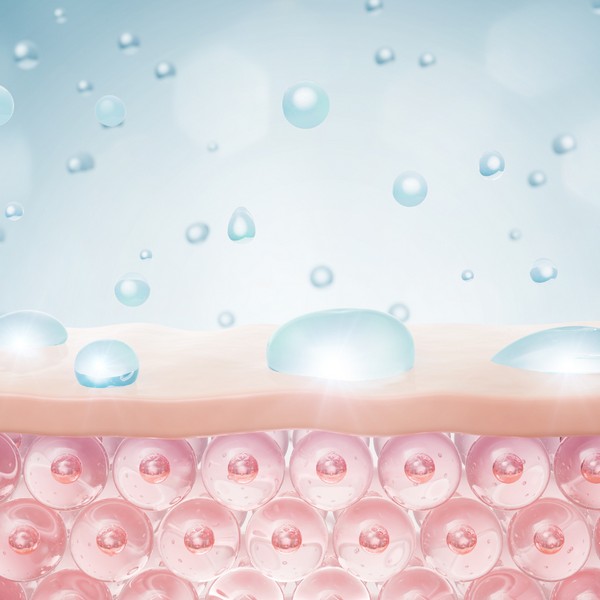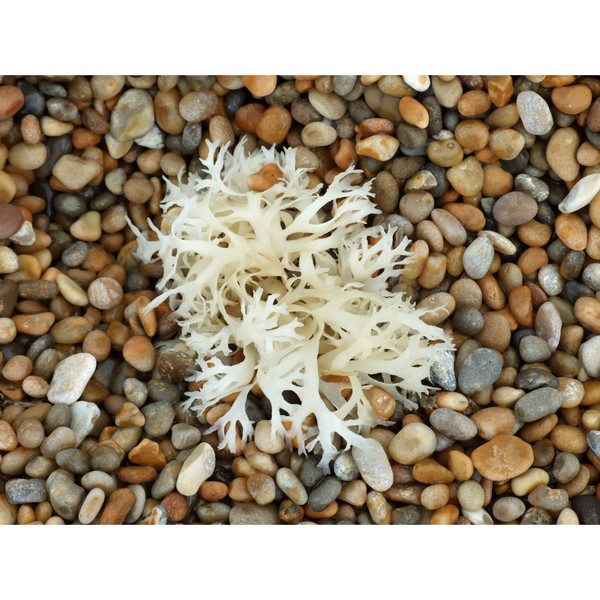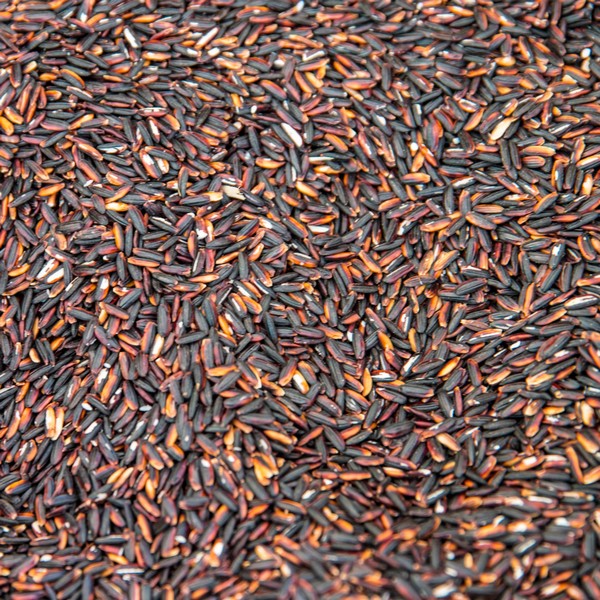Key Highlights
- Proper hydration is essential for achieving radiant and healthy skin.
- Hyaluronic acid is a powerful humectant that helps retain moisture in the skin.
- Signs of dehydration in the skin include dryness, fine lines, and dullness.
- Drinking enough water and using hydrating skincare products are key to maintaining skin hydration.
- Adding hyaluronic acid to your skincare routine can help achieve a radiant complexion.
- Diet and lifestyle factors also play a role in skin hydration and overall skin health.
Table of Contents

Understanding the Basics of Skin Hydration
Skin hydration means keeping your skin’s moisture levels balanced. When your skin is hydrated, it looks plump, smooth, and youthful. Dehydrated skin looks dull, dry, and lifeless.
The Science of Hydrated Skin: Why It’s Essential
Moisture is necessary for the skin cells to function properly and carry out their essential tasks, such as regulating body temperature and protecting against external factors.
Inadequate hydration can lead to dryness, flakiness, and a compromised skin barrier.

Identifying Signs of Dehydration in Your Skin
Dry skin is a common sign of dehydration and can appear flaky, tight, and rough. Fine lines and wrinkles may also become more pronounced when the skin lacks proper hydration.
Dehydrated skin may feel dull, lackluster, and appear tired. Pay attention to these signs and take steps to increase skin hydration.
Using hydrating skincare products and following a proper skincare routine can help restore moisture and improve the overall appearance and health of the skin.
The Role of Water in Achieving Dewy Skin

Drinking an adequate amount of water throughout the day helps to flush out toxins and promote healthy blood circulation, which can improve the overall appearance of the skin.
Water also helps to replenish moisture from within, giving the skin a natural and healthy glow.
How Much Water to Drink for Optimal Skin Health
While there is no specific formula for how much water to drink, it is generally recommended to consume at least eight glasses (64 ounces) of water per day.
This can vary depending on factors such as activity level, climate, and individual needs.
Hydrated skin cells function better and contribute to a healthier complexion. Water helps to improve blood circulation, which can enhance the delivery of nutrients and oxygen to the skin cells.
The Impact of Water Quality on Skin Appearance
Environmental stressors and water contaminants can contribute to skin issues such as dryness, irritation, and inflammation.
Hard water, which contains high levels of minerals like calcium and magnesium, can leave a residue on the skin and potentially disrupt the skin’s natural barrier.
Chlorine in tap water can strip the skin of its natural oils, leading to dryness and increased water loss.
Using filtered or purified water for drinking and skincare purposes can help minimize the potential negative effects of water contaminants and maintain the health and appearance of the skin.
Hyaluronic Acid: The Ultimate Hydrator

What is Hyaluronic Acid and How Does it Work?
Hyaluronic acid, often abbreviated as HA, is a naturally occurring molecule found in the body, particularly in the skin. It plays a crucial role in maintaining moisture levels, promoting collagen production, and supporting skin cell renewal.
Hyaluronic acid acts as a humectant, drawing and holding moisture to the skin, resulting in improved hydration and a plumper appearance.
It also helps to strengthen the skin’s natural barrier, preventing water loss and protecting against environmental stressors.
As we age, the natural production of hyaluronic acid in the body decreases, leading to decreased moisture levels and the appearance of fine lines and wrinkles.
The Benefits of Hyaluronic Acid for All Skin Types

- Hyaluronic acid offers numerous benefits for all skin types. For sensitive skin, it can provide soothing and hydrating properties, helping to calm inflammation and redness.
- Hyaluronic acid is also beneficial for addressing fine lines and wrinkles, as it plumps and firms the skin, reducing the appearance of these signs of aging.
- It improves skin texture by providing intense moisture, resulting in a smoother and more supple complexion.
- Hyaluronic acid is lightweight and non-comedogenic, making it suitable for oily and acne-prone skin without clogging pores.
Adding Hyaluronic Acid to Your Skincare Routine
One popular way to use hyaluronic acid is through a hyaluronic acid serum. These serums are lightweight and easily absorbed, making them an ideal choice for delivering intense hydration to the skin.
- After cleansing and toning your skin, apply a few drops of hyaluronic acid serum to your face and neck, gently massaging it into the skin.
- Follow up with your regular moisturizer to seal in the hydration.
With regular use, you can expect to see a more radiant and hydrated complexion.
Choosing the Right Hyaluronic Acid Products

- Skin type: Different formulations of hyaluronic acid products may be better suited for specific skin types. For example, those with oily or combination skin may prefer a lightweight gel or serum, while those with dry skin may benefit from a richer cream.
- Right skincare products: Look for hyaluronic acid products that are free from harsh chemicals, fragrances, and other potential irritants. Opt for products that are formulated with high-quality and clean ingredients.
- Active ingredients: Consider pairing hyaluronic acid with other beneficial ingredients, such as antioxidants or ceramides, to enhance its hydrating effects and provide additional skin benefits.
Best Practices for Applying Hyaluronic Acid
To get the most out of your hyaluronic acid products, it’s important to follow some best practices for application:
- Add hyaluronic acid to your morning and evening skincare routine. Apply a few drops of hyaluronic acid serum to clean, damp skin after cleansing and toning.
- Gently massage the serum into your skin using upward motions, focusing on areas that require extra hydration.
- Follow up with a moisturizer to seal in the hyaluronic acid and provide additional hydration.
- Ensure that your skin is well-moisturized before applying hyaluronic acid to maximize its ability to attract and retain moisture.
- Regularly exfoliate your skin to remove dead skin cells and enhance the absorption of hyaluronic acid.
Boosting Skin Hydration from the Inside Out
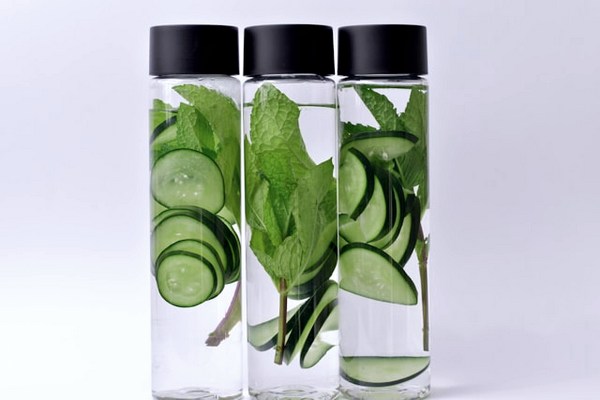
A balanced diet rich in hydrating foods can help nourish your skin from within.
Foods high in water content can provide hydration to your body and skin. Examples are;
- cucumbers,
- watermelon,
- oranges,
- strawberries,
Foods to Avoid for Maintaining Skin Hydration
While it’s important to focus on hydrating foods, it’s equally important to avoid certain foods that can contribute to dehydrated skin.
- Carbohydrate consumption elevates blood glucose, increases thirst and results in more frequent urination
- Ultra-processed Foods can dehydrate the body and lead to water retention in the skin, which can result in puffiness and dryness. Limit your intake of ultra-processed foods, as they are often high in refined isolated sodium without the other naturally occurring minerals that would help to balance its effects.
- Consumption of caffeine and alcohol can have a diuretic effect, increasing water loss in the body and dehydrating the skin.
Monitor your intake of these substances and ensure that you are staying adequately hydrated by drinking water with minerals throughout the day.
Diet and Supplements for Hydrated Skin
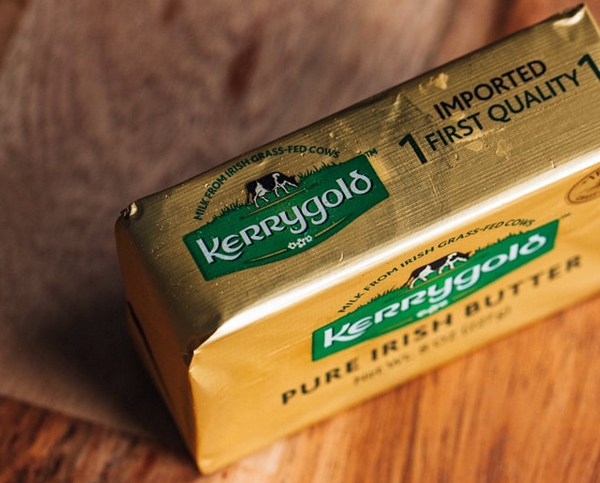
A balanced diet and the right supplements can play a significant role in achieving and maintaining hydrated skin.
Including foods rich in essential vitamins and antioxidants can support skin health and hydration.
- Healthy animal fats, such as those found in grass-fed butter, ghee, and fatty cuts of meat, provide essential nutrients that support skin barrier function and moisture retention.
- Vitamin E, found in foods like red palm oil, and avocados, helps to moisturize and protect the skin from oxidative stress.
- Vitamin C, found in acerola, camu camu and cabbage, promotes collagen production and helps maintain skin elasticity.
- Omega-3 fatty acids, found in fatty fish and flaxseeds, can help nourish the skin and reduce inflammation. Cod liver oil and collagen peptides can also provide additional support for hydrated skin.
Advanced Hydration Techniques and Treatments
Laser treatments can also promote collagen production and improve skin elasticity, resulting in hydrated and youthful-looking skin.
These treatments are typically performed by trained professionals and can provide deep hydration and long-lasting results.
Professional Treatments for Deep Skin Hydration
Professional treatments can offer deep hydration for the skin, addressing specific concerns and promoting overall skin health.
One such treatment is hyaluronic acid injections, which provide intense hydration to the deeper layers of the skin.
These injections help to plump and firm the skin, improve collagen production, and enhance skin elasticity.
Other treatments, such as microdermabrasion and chemical peels, can exfoliate the skin and remove dead skin cells, allowing for better product absorption and improved hydration.
DIY Hydration Masks and Their Benefits
For those looking for at-home hydration treatments, DIY hydration masks can provide a convenient and effective solution.
These masks can be made using natural ingredients that have moisturizing properties and can promote a healthy radiance.
Ingredients like honey, aloe vera, cucumber, and yogurt are known for their hydrating and soothing properties. Applying these masks to the skin can help replenish moisture, reduce dryness, and improve overall skin health.
Protecting Your Skin from Dehydration

Protecting your skin from dehydration is crucial for maintaining optimal hydration levels.
Environmental Factors Affecting Skin Hydration
External factors, such as harsh weather conditions, low humidity, and pollution, can contribute to skin dehydration.
These factors can strip the skin of its natural oils and disrupt the skin’s moisture balance.
Protect your skin from these environmental stressors by wearing mineral-based sunscreen, protective clothing, and hydrating skincare products.

Skincare Ingredients to Avoid to Preserve Hydration
Harsh chemicals, such as sulfates and alcohol, can strip the skin of its natural oils and disrupt the moisture balance.
These ingredients can cause dryness, irritation, and inflammation, leading to compromised skin health.
Opt for gentle and non-irritating skincare products that are formulated with clean and nourishing ingredients to maintain optimal hydration and protect your skin’s health.
Monitoring and Maintaining Skin Hydration Levels
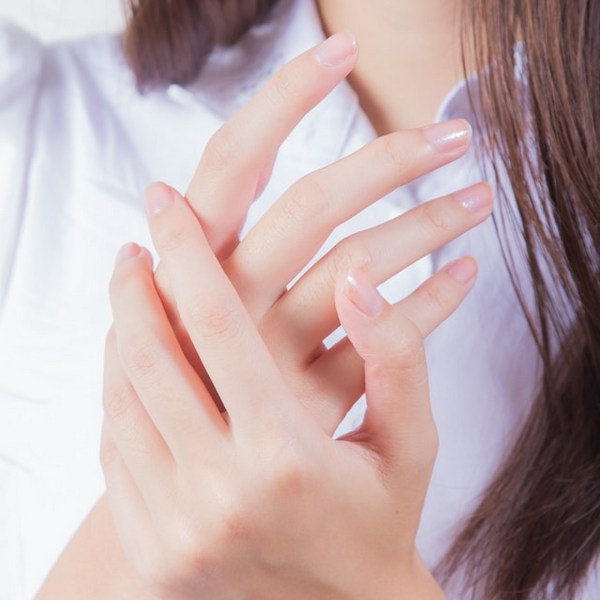
Paying attention to your skin’s moisture levels can help you identify any changes or potential issues.
If you notice dryness, roughness, or signs of dehydration, it may be a sign that your skin needs additional hydration.
Adjusting Your Skincare Routine Seasonally
Adjusting your skincare routine seasonally is important to accommodate changes in environmental stressors and the needs of your skin.
For example, during the winter months, when the air is drier, you may need to use more hydrating products and opt for heavier moisturizers to combat dryness.
In the summer, when the humidity is higher, you may need to use lighter, oil-free products to prevent excess oiliness.
Conclusion
Achieving dewy, radiant skin requires proper hydration through water intake, hyaluronic acid, and a balanced diet. Protecting the skin from environmental stressors and regularly monitoring hydration levels are essential for maintaining healthy, glowing skin. By following these tips and using the right products, you can keep your skin looking its best.
Frequently Asked Questions
Can I use hyaluronic acid with other skincare ingredients?
Yes, hyaluronic acid can be safely used with other skincare ingredients like vitamin C, retinol, and peptides. It pairs well with these ingredients to enhance skin hydration and overall health.
What is the best time of day to use hyaluronic acid?
Hyaluronic acid can be used both in the morning and evening. In the morning, it can help prep your skin for the day ahead, while at night, it can aid in skin repair and hydration as you sleep.
Are there any side effects of using hyaluronic acid?
Hyaluronic acid is generally safe for all skin types. However, if you have sensitive skin, it’s best to do a patch test first to ensure there are no adverse reactions.
How can I tell if my skincare routine is working?
You should notice improvements in skin texture, reduced dryness, and a more radiant complexion. If your skin remains dry or irritated, you may need to adjust your products or routine.
Can diet alone improve my skin’s hydration?
While a healthy diet can significantly improve skin hydration, it’s most effective when combined with a good skincare routine and adequate water intake.
10 Must-Try Dry Skin Remedies
Key Highlights Aloe vera gel, coconut oil, oatmeal baths can moisturize and nourish dry skin. Olive oil, almond oil, and shea butter are excellent options…
Natural Skin Care Routine: Quick Start Guide
Key Takeaways A natural skin care routine uses ingredients without harmful chemicals. Cleansing, exfoliating, and moisturizing are the core steps. Natural oils and plant-based products…
Sustainable Beauty: Redefining Skincare with Eco-Friendly Practices
Key Highlights Sustainable beauty focuses on products that are good for the planet and consumer health Ingredients, manufacturing practices, packaging, and cruelty-free practices all contribute…
Essential Foods for Skin Health
Key Highlights Tips for adding healthy fats into your diet and simple meal planning for skin health. Address common concerns about dairy and acne, and…


